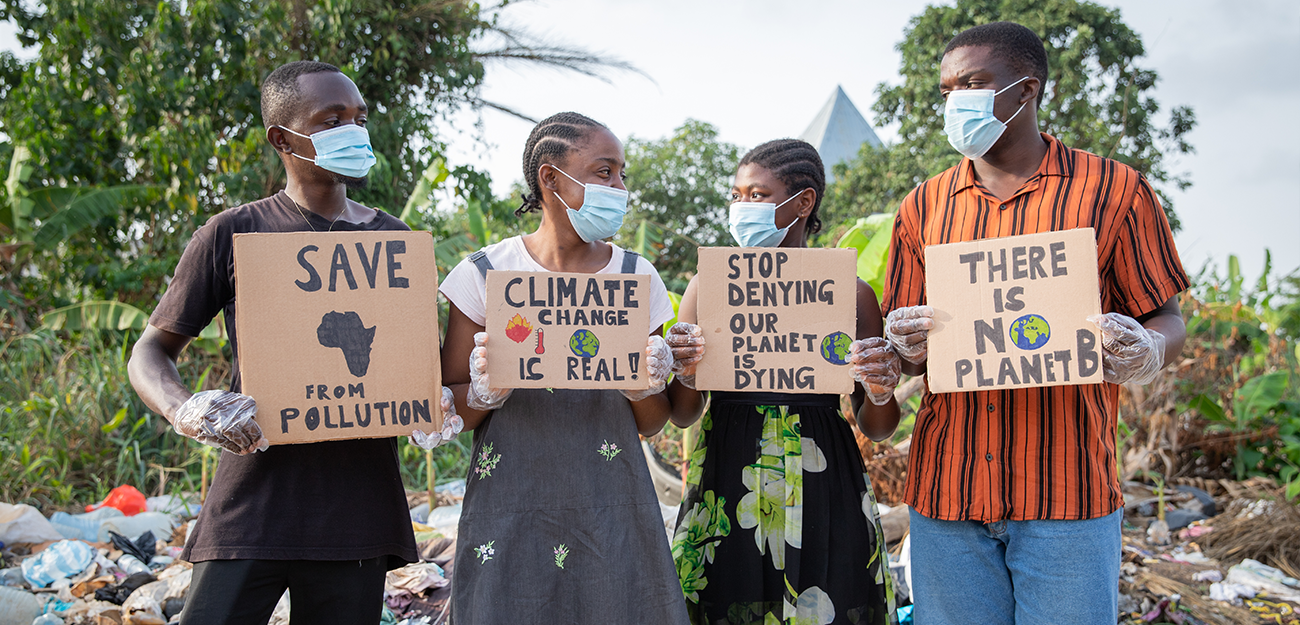Climate change, biodiversity and pandemic prevention

Lead Institution
Institut de Recherche en Sciences de la Santé (IRSS), Burkina Faso (Professor Abdoulaye Diabate)The Partners
- Malaria Research & Training Center, Mali (Dr Adama Dao),
- Sya Innovation Center (SIC), Burkina Faso (Dr Léa Paré Toé),
- Noguchi Memorial Institute for Medical Research, Ghana (Professor Samuel Kweku Dadzie),
- National Institute of Allergy and Infectious Diseases (NIH), USA (Dr Tovi Lehmann),
- Max Planck Institute for Infection Biology, Germany (Dr Silvia Portugal)